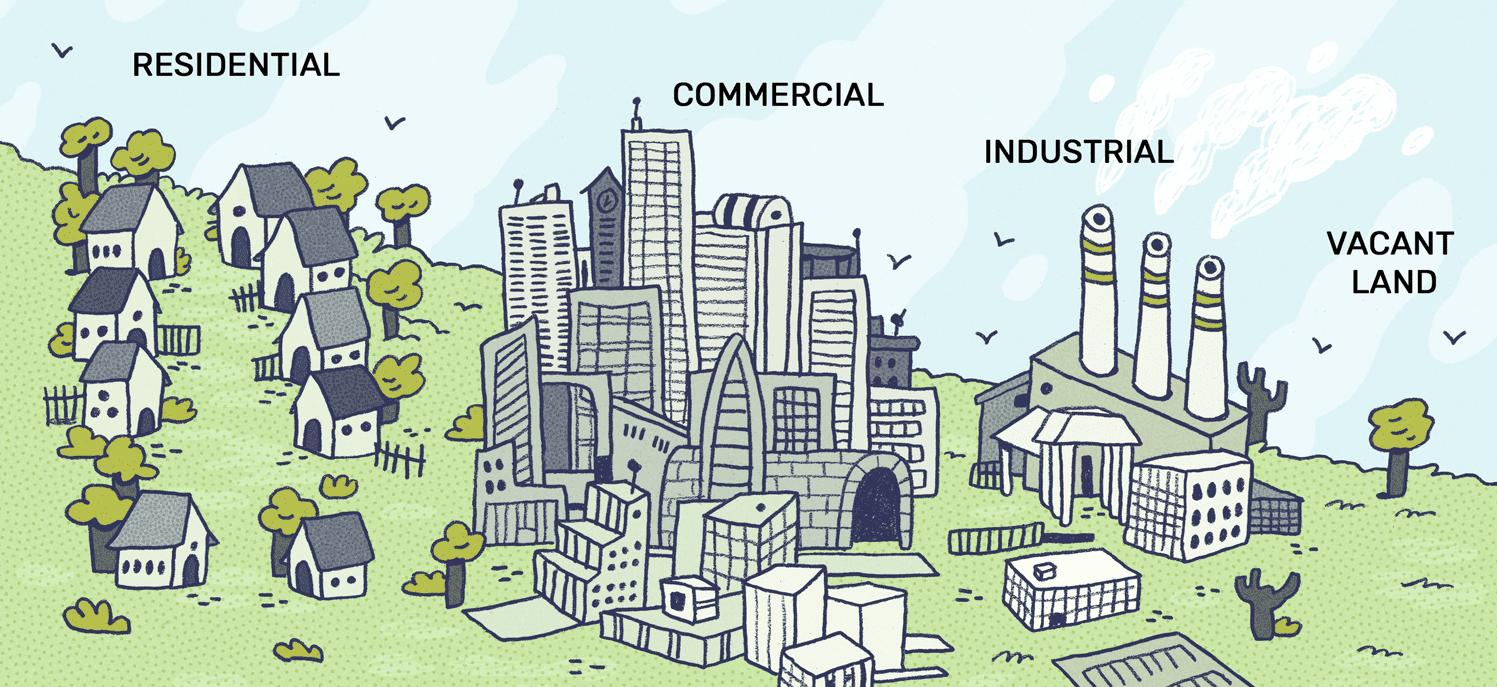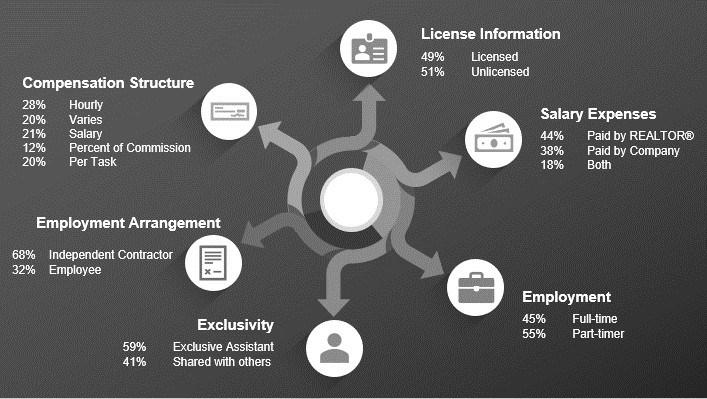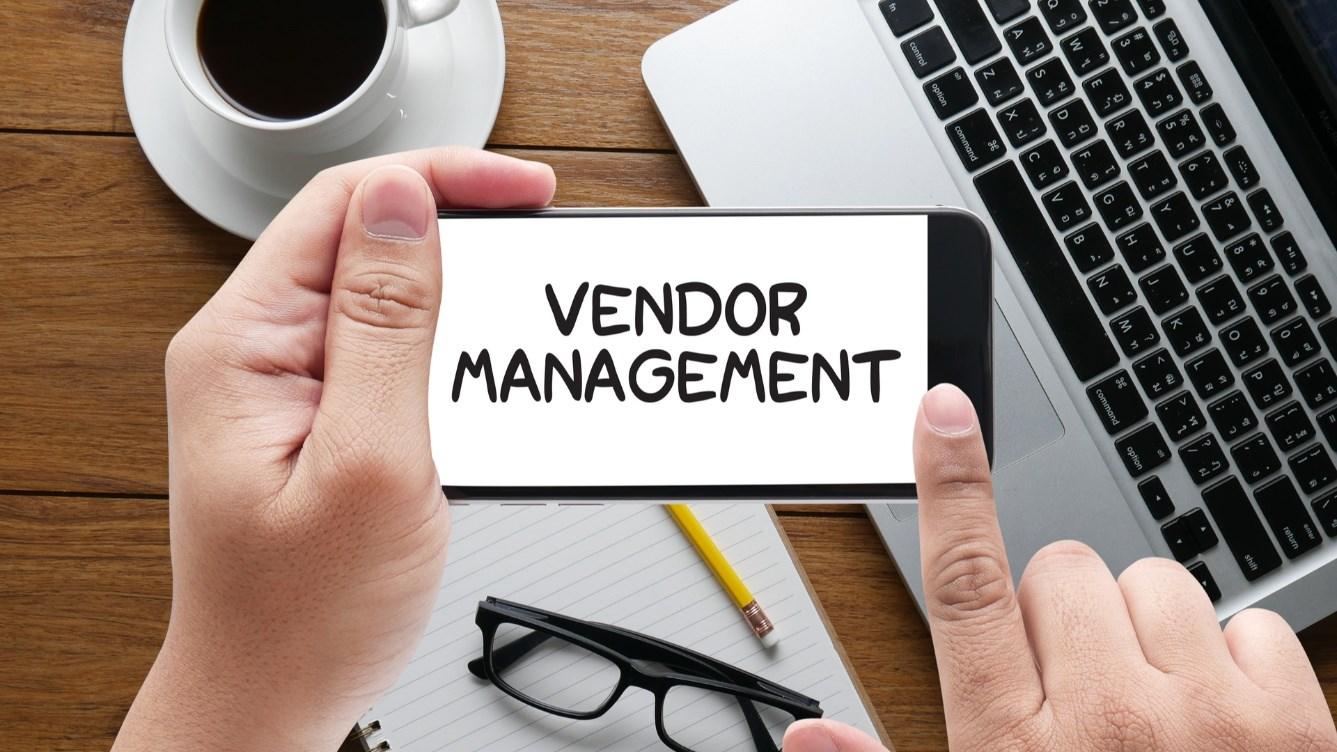
5 minute read
Module 8: After the Transaction Has Ended 66
celebration is a great way to get the clients excited. A bottle of wine, some balloons and other little touches can make the closing more memorable. The closing gift can be given then or later.
The cost and types of gifts given vary from agent to agent. Often the more thoughtful the gift the greater the impact. Closing gifts that are related to the local area or from some memorable moment during the buying and selling process often have the best return on investment.
Write down some ideas on what can be done at the end of a transaction to encourage referrals from the client.
EXERCISE
What can be done at the end of a transaction to encourage referrals from a client?
Time Management
Time needs to be managed, and not allowed to manage you.
The Professional Assistant will be tasked with a large number of duties, and often they will all carry a sense of urgency. It can be very easy to become overwhelmed or to feel that you’ll need to work a lot of hours in order to keep up. The Professional Assistant and their agents or team should spend some time discussing how to handle the workload and what resources will be needed for everyone to be more efficient.
Health and Work-Life
Working long hours can have a very negative effect on a person and their work output. Experts say that most workers are only truly effective about 35 hours per week. Other negative effects could include depression, damage to the body if one is working extended hours and a chance of cardiovascular issues increase 60% with prolonged work experience that includes more than 10 hours per day.
Most experts agree that a healthy sleep routine, exercise and good diet will keep a worker at peak performance and greatly reduce stress.
Managing Tasks
As you can see from the content of this training program the Professional Assistant is trusted and depended upon to support the agent and clients of the team. A variety of tasks will greet the Professional Assistant each day. Some of these tasks will be driven by the demands of a transaction or need to solve problems. Other tasks will be self-driven where you get to control your day and invest time in developing new tools or resources for the agent.
Starting off each day making a list of the tasks to be performed and then addressing each task based on their priority will become a routine soon enough. The Professional Assistant should adopt a “touch it once” approach to their day and work every task to completion before moving on to the next. It can be hard to control your own schedule, but as much as the demands of the day and the agent will allow, you should be intentional about sticking to one task at a time.
Chasing Little Red Dots
We’ve all seen kittens scurrying about and frantically trying to catch the red dot as their master holds a red laser pointer and moves it about the room. We, as a culture, have become those kittens and the red dots are the alert notifications hovering over the badges of text message apps, email, apps, social media sites and so many other things. We’ve allowed those notifications to take us away from our primary tasks to see what is needing our attention. There are a few techniques that can help reduce the distractions of little red dots.
▪ Using professional email systems like Google’s Gsuite or Microsoft Office 365 will allow you to sync all email clients across your laptop, cloud-based email clients and mobile devices so that duplicate efforts do not need to be made on each device. These systems will also feature some tools to help keep you and the agent informed and synced across your platforms.
▪ Specific time should be set aside throughout the day to check email and messages. The entire day cannot be spent only answering emails.
▪ Inbox Zero is a very popular business practice among high-performing professionals. The concept is that at the end of the workday all emails in the ‘inbox’ of your email account should be addressed.
Once an email is responded to, it should be moved into the appropriate folder or deleted. The email user must diligently unsubscribe to all marketing and unrelated email campaigns and block spammers to reduce their future email efforts. Keeping up with Inbox Zero is a tough discipline to master at first, but once you have it will significantly reduce the anxiety of full inboxes and increase your proficiency.
▪ Be mobile. Every tool the team uses should be a cloud-based system when at all possible and the corresponding apps should be installed and setup on all team members mobile devices. In the current age of technology there is little reason for anyone to be chained to a desk and having to “get back to the office” should never be a barrier to getting information or work done in a timely manner.
▪ Intentionality will also serve the purpose of proficiency. Many people believe that they can
“multitask”, but research has shown that multitasking is merely taking part of your attention away from a single task at a time and reduces overall productivity by 40%.
▪ Own your calendar. It is very easy for people to try and relieve themselves of their burdens by placing them on others. Vendors or clients may ask for you to do things that are their responsibility and not what you or your agent is expected to do. It is ok to say no and obligate people to carry out their own responsibilities. When making appointments or agreeing to commitments for the
Professional Assistant or their agent, reasonable time should be built in to complete the task and to travel back and forth. If appointments are “squeezed in” to an existing schedule, then one meeting that runs too late will throw the rest of the day off and inconvenience many other people.
▪ Offices must be organized. Disorganized work spaces have been proven to induce anxiety and stress well beyond the normal demands of a day. Nearly no one wishes to enter a messy or disorganized workspace at the beginning of each week or day. Documents, files, records, and otherpapers should be scanned and stored in the appropriate folders on the cloud or computer throughout the day. Many people believe that they know exactly what pile things are located on their desk/offices but looking for items in a disorganized space can take up to 30% longer to find than when things are organized. That means nearly a third of your day could be spent looking for things instead of being productive.










